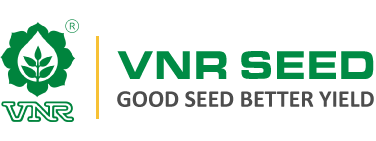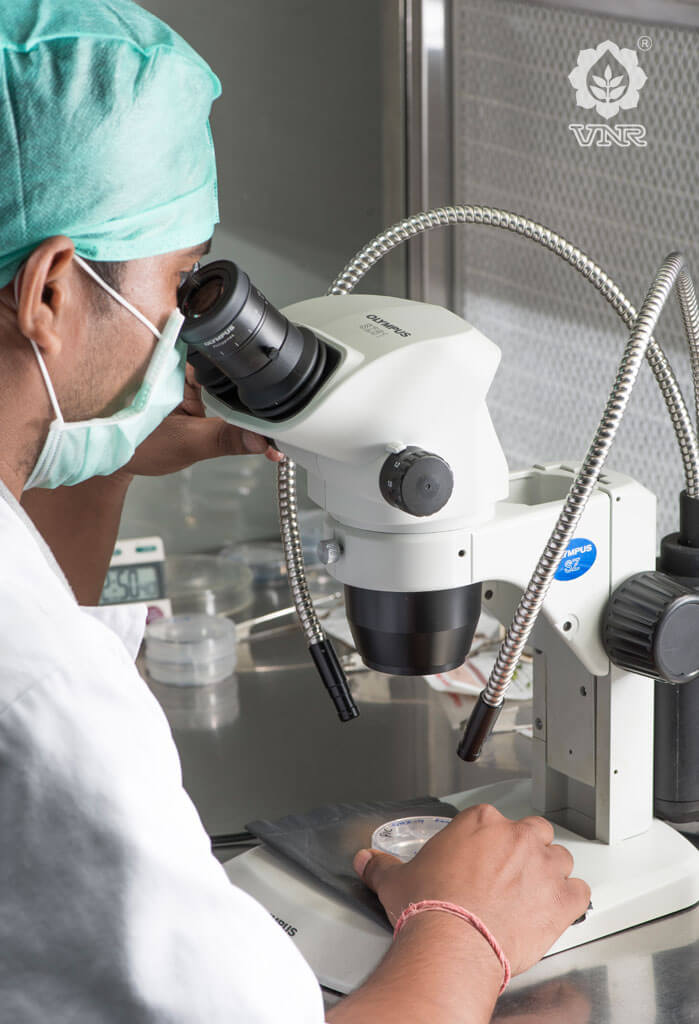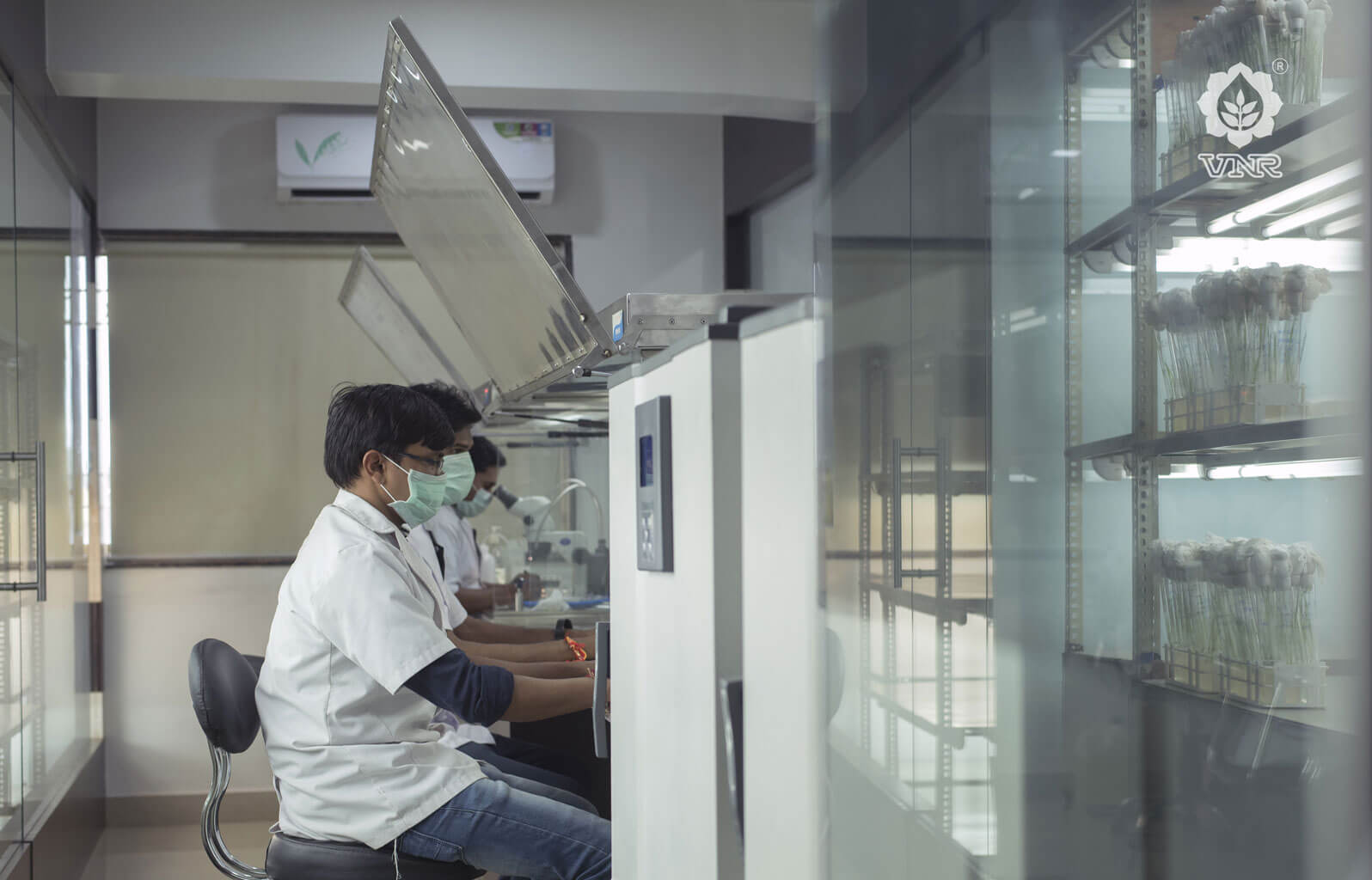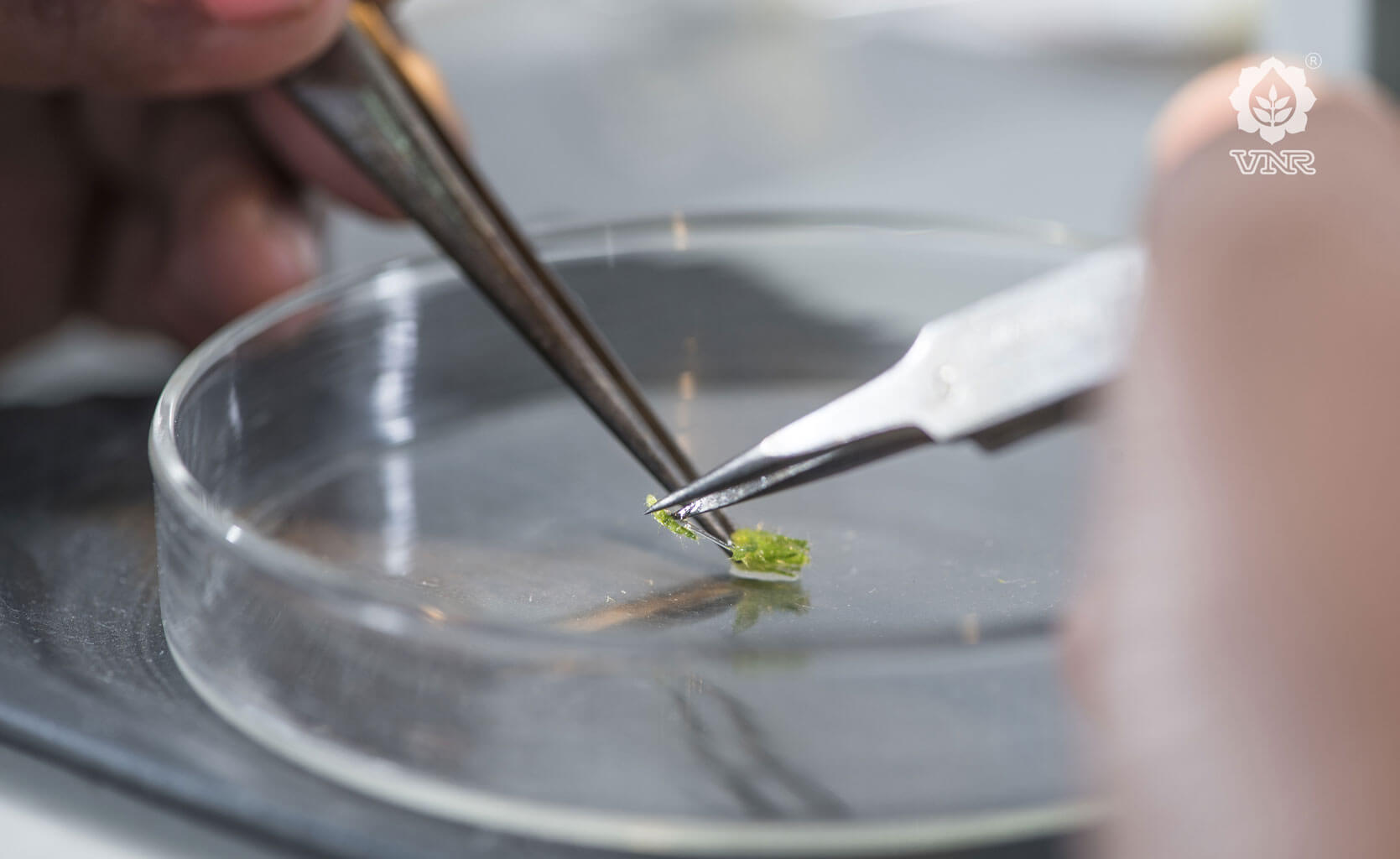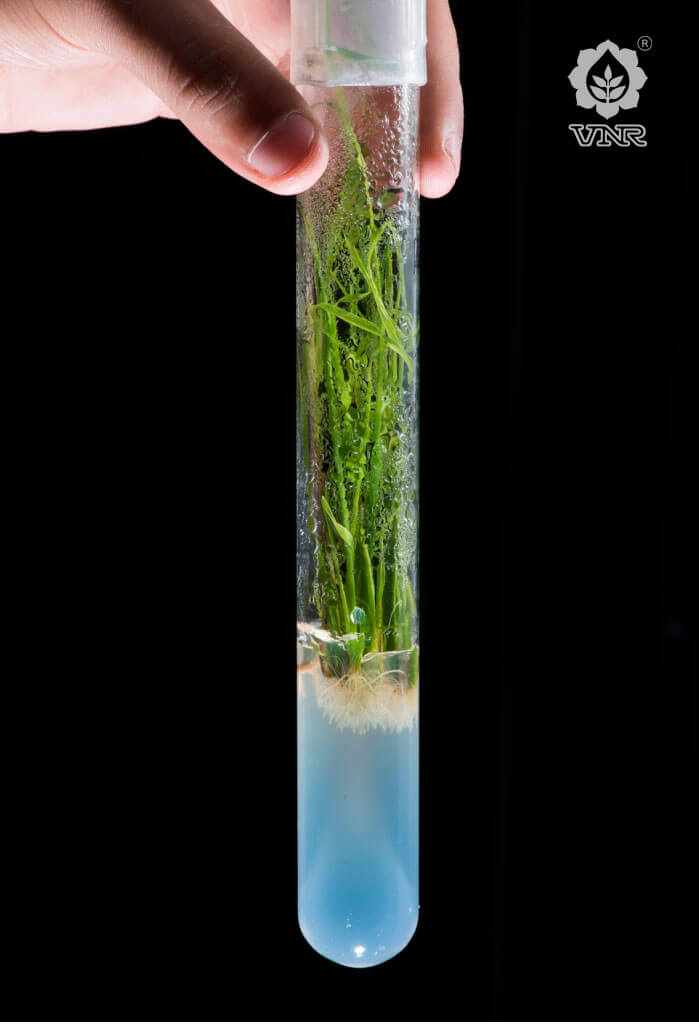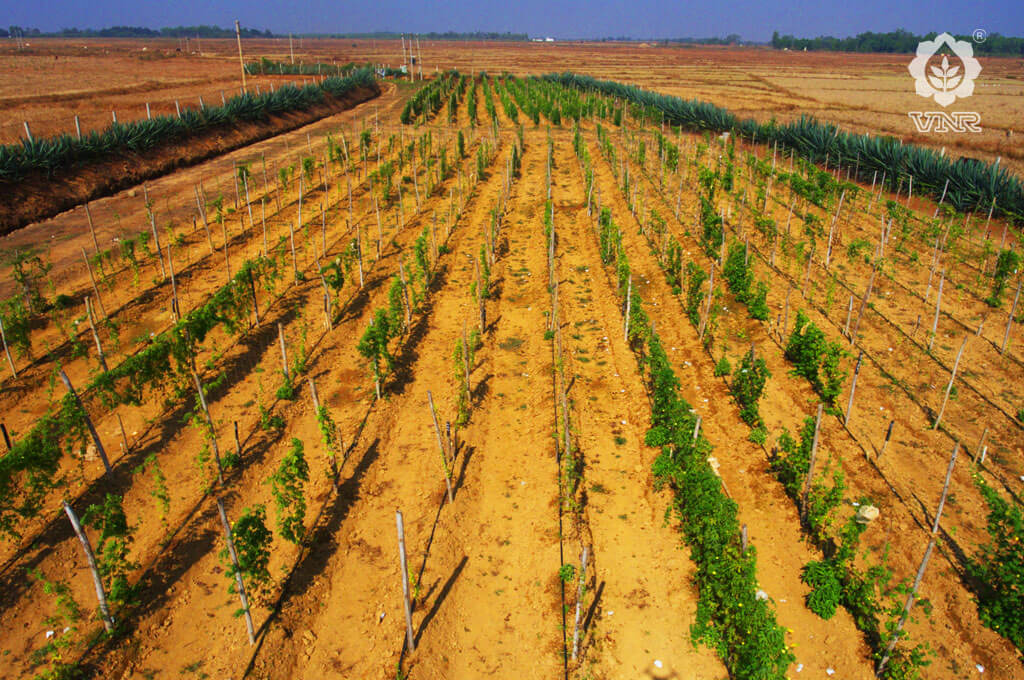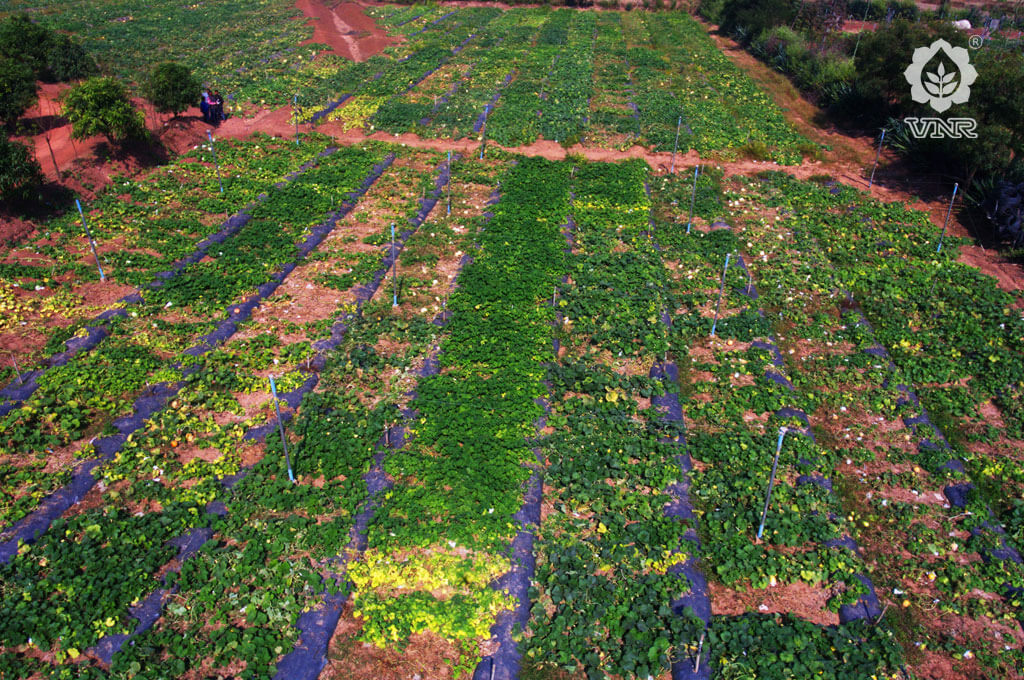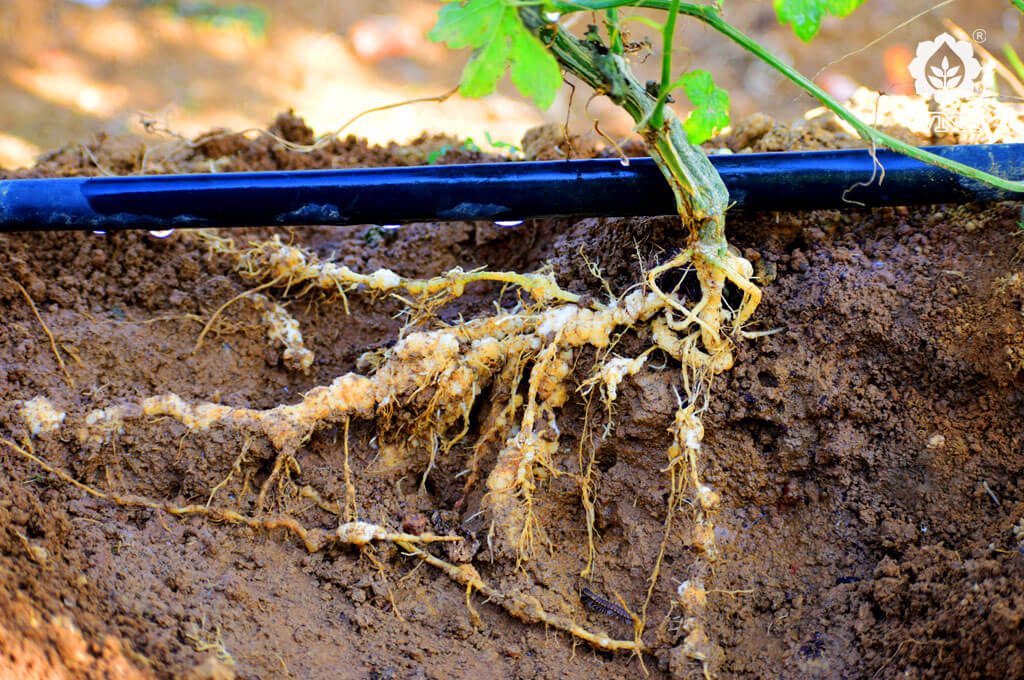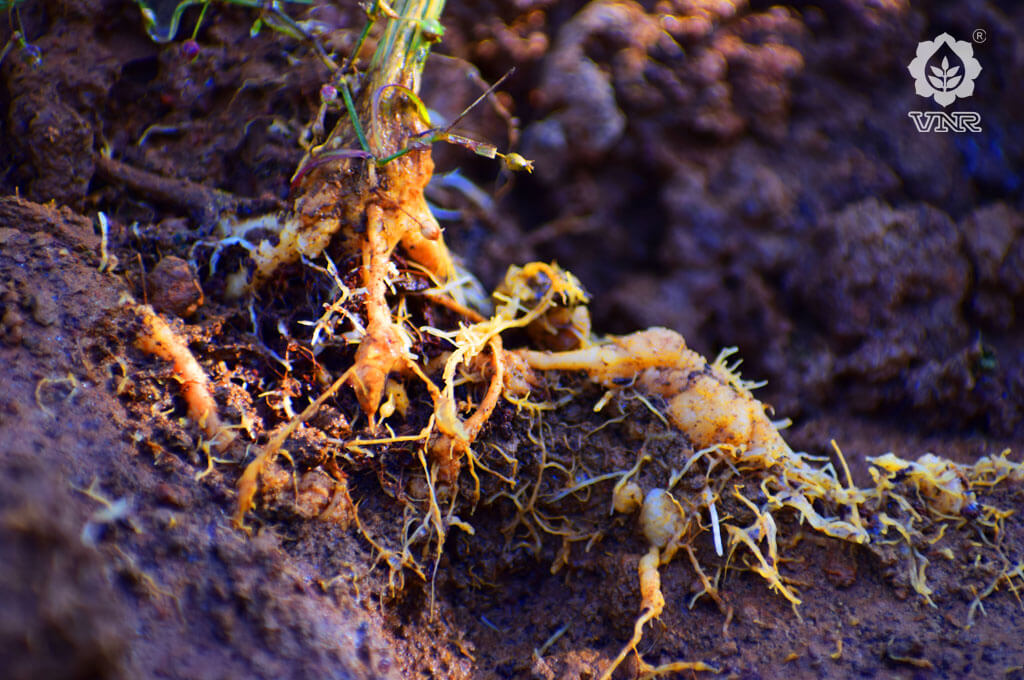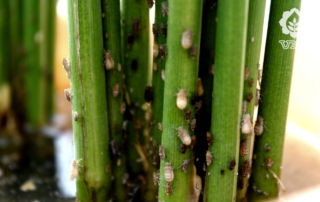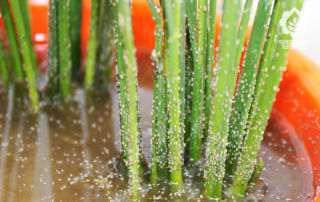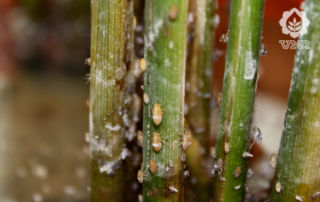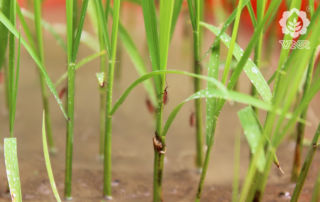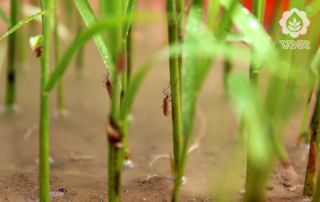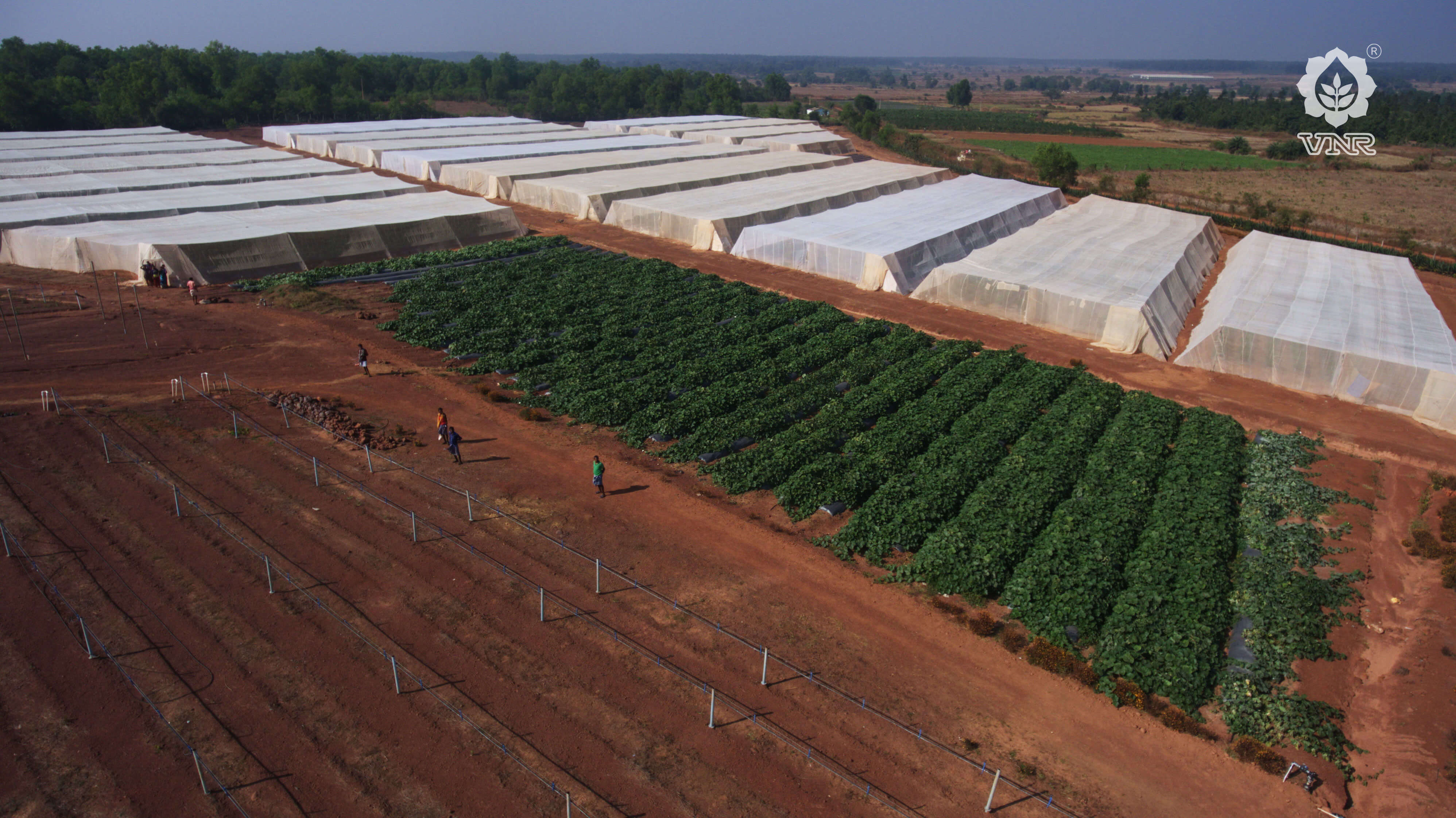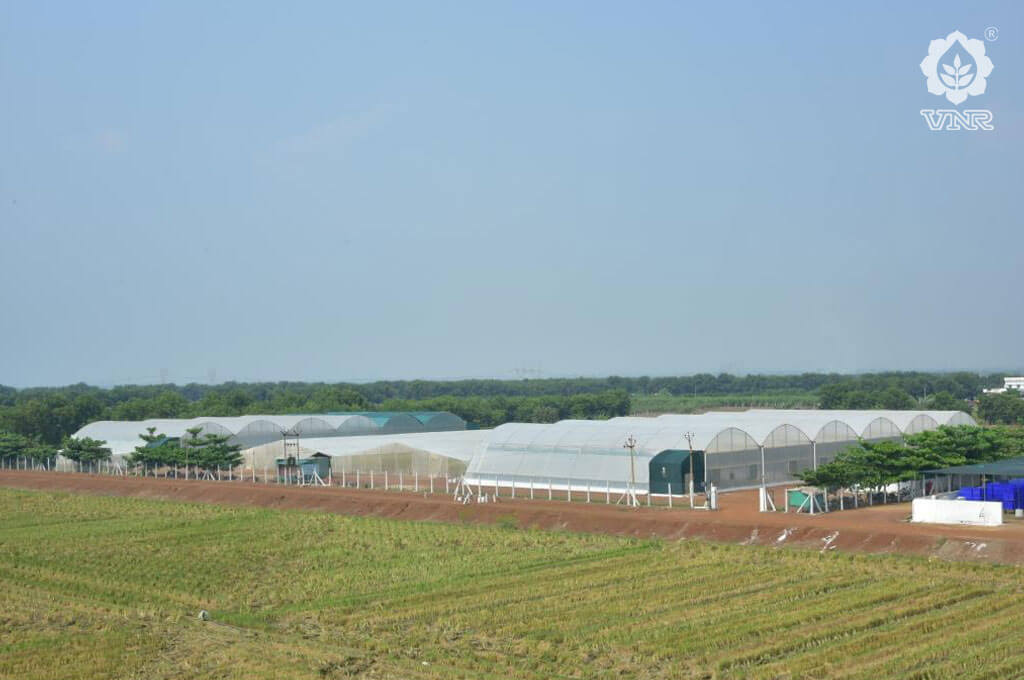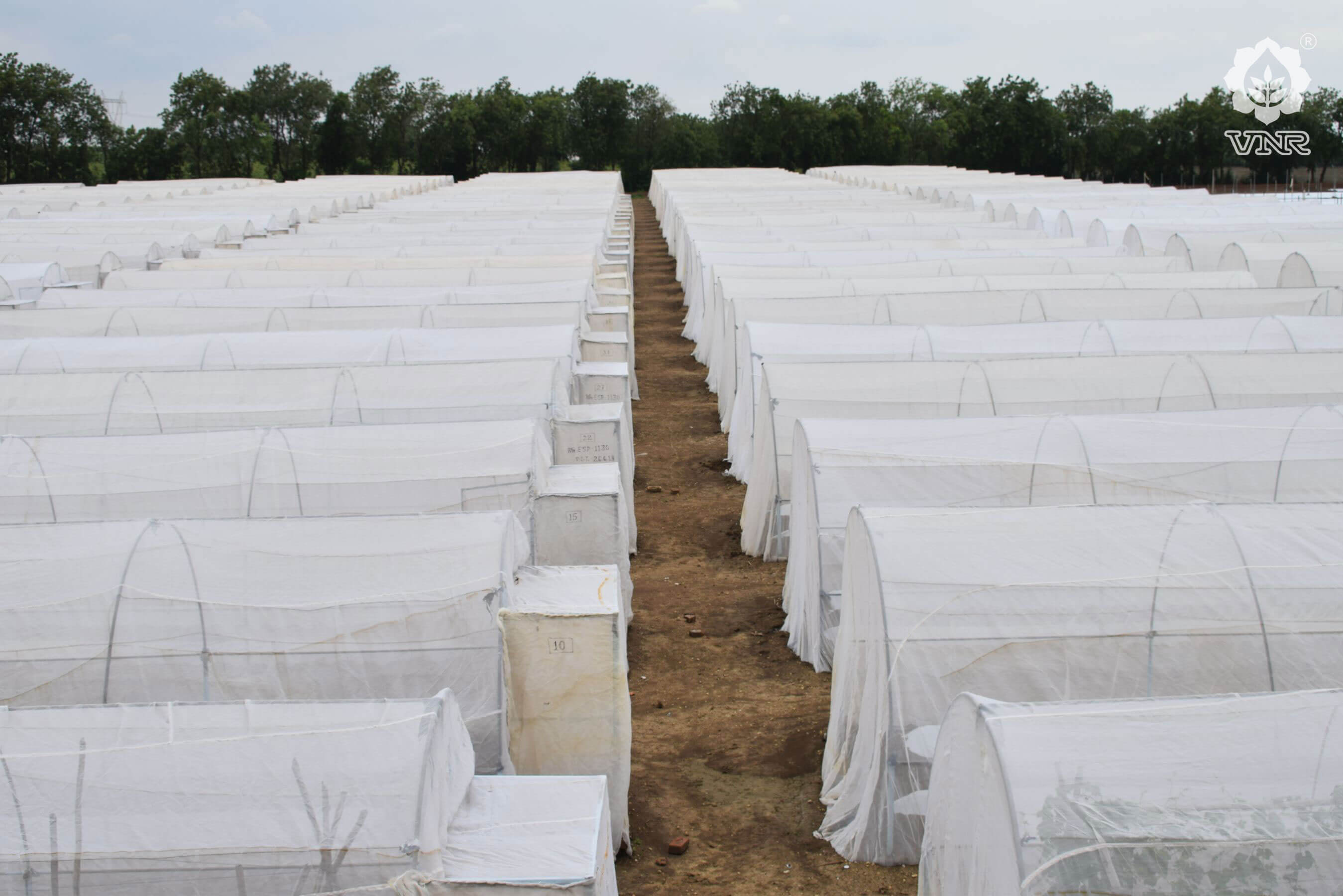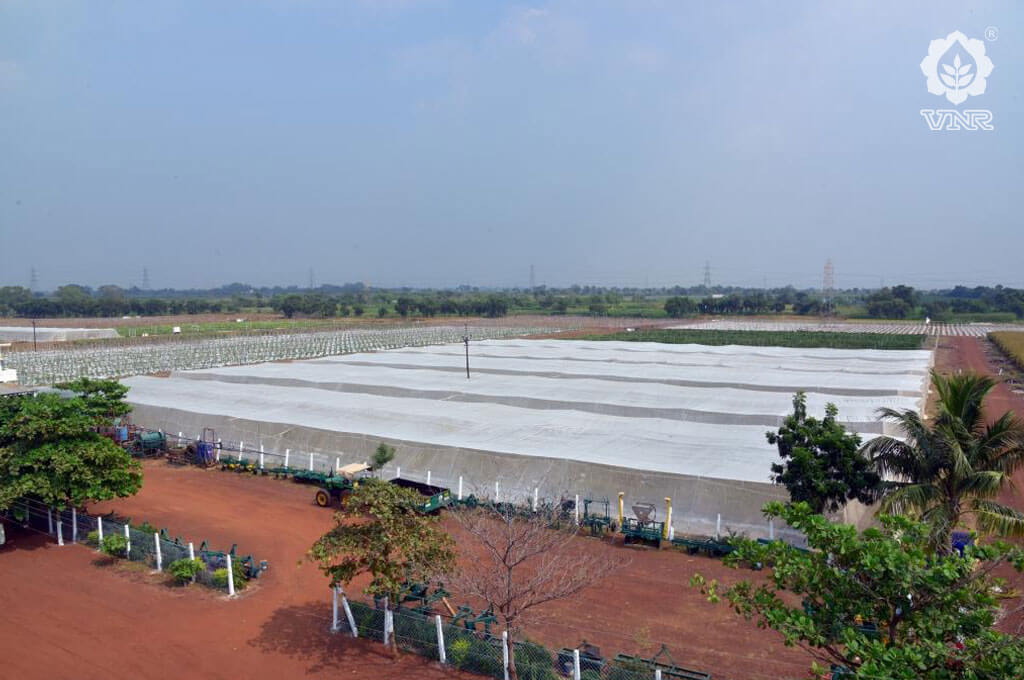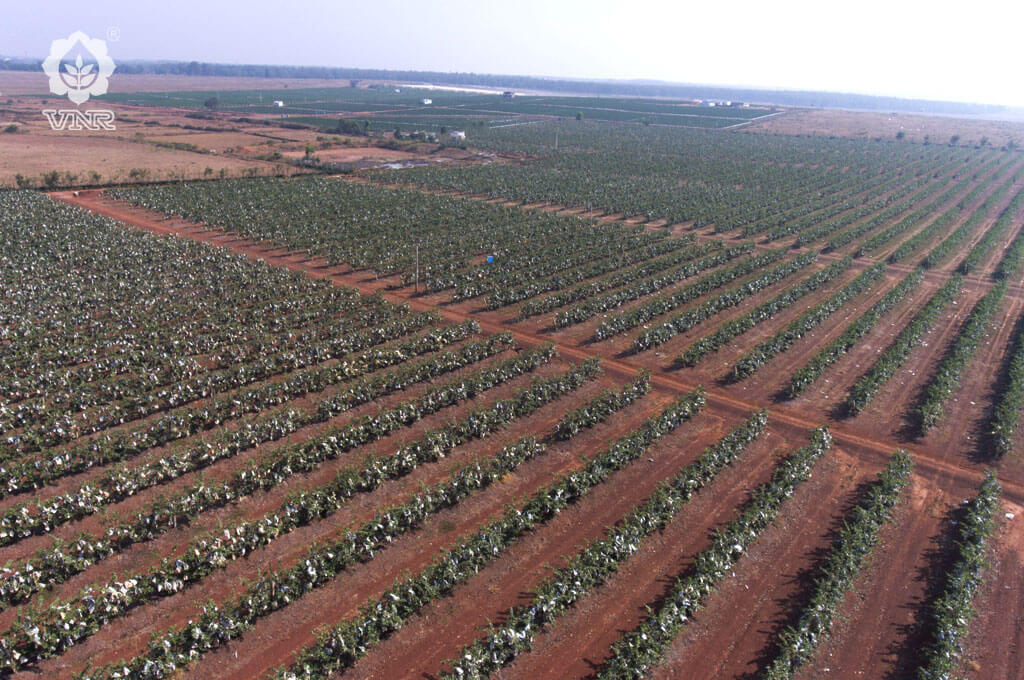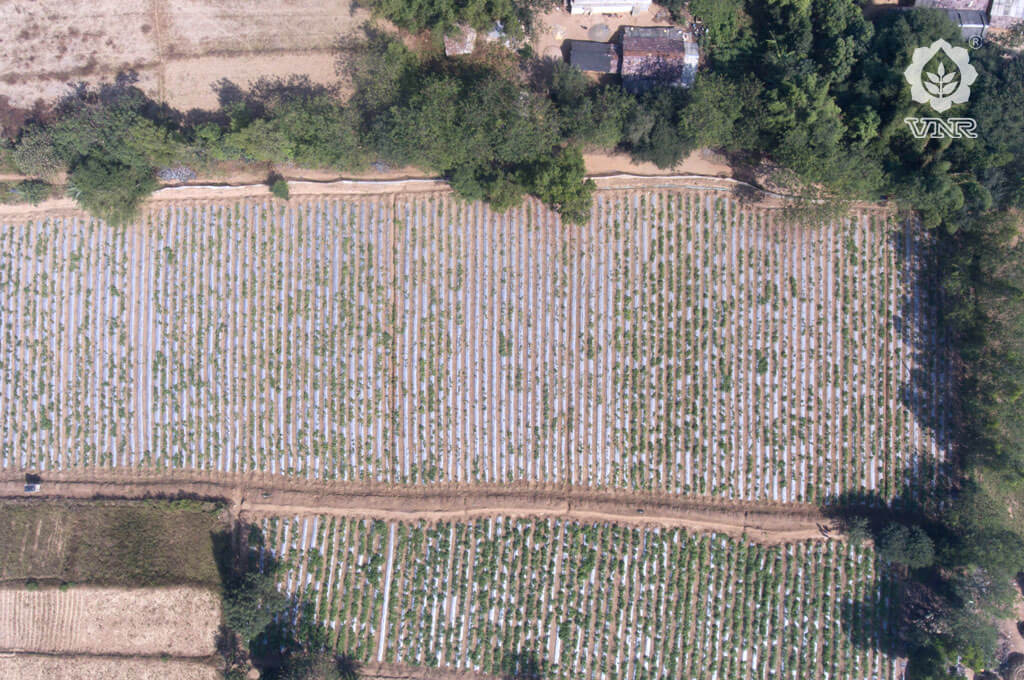
Science, Technology & Innovation
Accelerating Science — led Innovation for Competitive Advantage
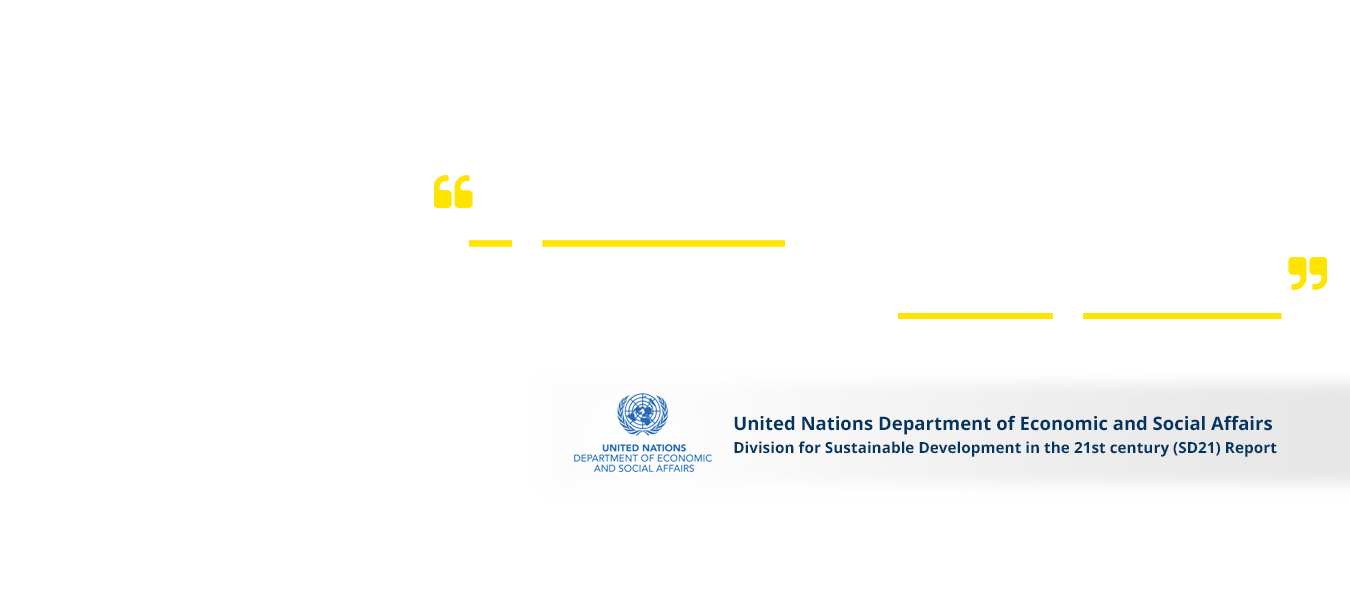
“With population trajectories across the world growing, natural resources and ecosystems are coming under pressure. And climate change has become a reality. It is therefore our responsibility to meet cultivation, production and nutrition demands without upsetting Nature’s organic balance. At VNR, high qualified and extremely passionate researchers believes that a harmonious collaboration of Nature and Science can help achieve this purpose”
Research & Development at VNR
Research Objective Base
The research thought process at VNR is driven by a crystal-clear understanding of parameters that our fellow farmers prioritize while making purchase decision –
- Quality
- Biotic & Abiotic stresses
- Yield
- Wide Adaptability
Our R&D team is focused on developing varieties that are superior in quality as well as resistant to both biotic and abiotic stresses with better yield than the existing offerings. Product development department at VNR tests the new varieties at different geographies following evaluation by marketing team as well before commercialization.
Our research objectives are based on:
- Need analysis
- Farmer feedback
- Cropping patterns
- Future requirements
- Resource availability
- Effects of climate change
The R&D team uses cutting-edge biotechnology, entomology, pathology, agronomy and bio-chemistry to develop germplasm, collected, and acquired from the world over.
Plant Biotechnology
Phyto Pathology
Entomology
Research Infrastructure
Research and development is one of the foundational pillars on which VNR stands. The company, which puts the benefit of fellow farmers above everything else, has been actively and extensively involved in research for over three decades. And with every passing year, its R&D infrastructure has undergone a steady scale-up.
VNR has facilities such as state-of the-art laboratories , greenhouses, nethouses, and cold storage. Research is done at 30 locations spread across geographies.
Our sights are set high for the future, with our fellow farmers being the ultimate beneficiary of all our efforts.
Some of our focus are as over the coming years will include:
- Population improvement in all crops.
- Developing double haploid technology in different crops.
- Development of molecular markers for different traits of interest in different crops.
- Use of marker-assisted breeding and marker-assisted selection in breeding programs of different crops.
- Development of protocol for purity analysis in different crops. Development of fully-integrated pathology and entomology support.
No. of Crops: 25+
No. of commercialized products : 300+
An extensive portfolio of vegetables, field crops and fruits
6 Hybrids identified/notified by Govt. of India
In our relentless effort to be part of research activities and developments across the world, we have entered into strategic collaborations with national and international institutes that are definitive authorities in the field of agriculture and plant breeding.


